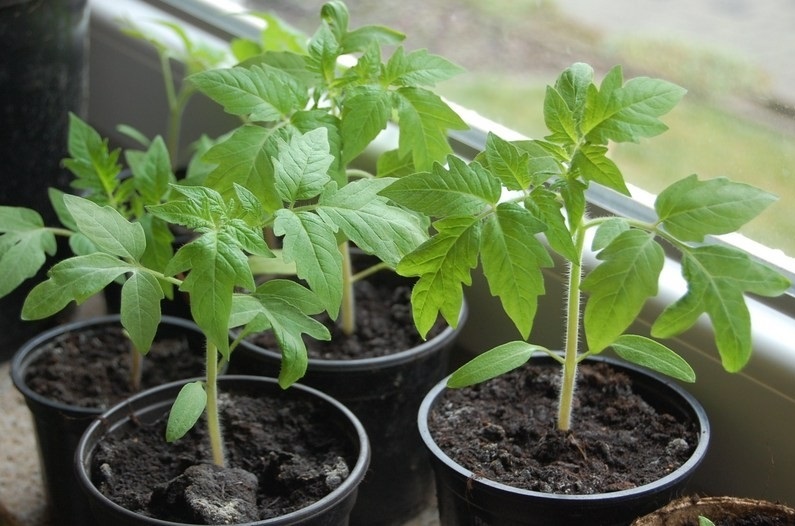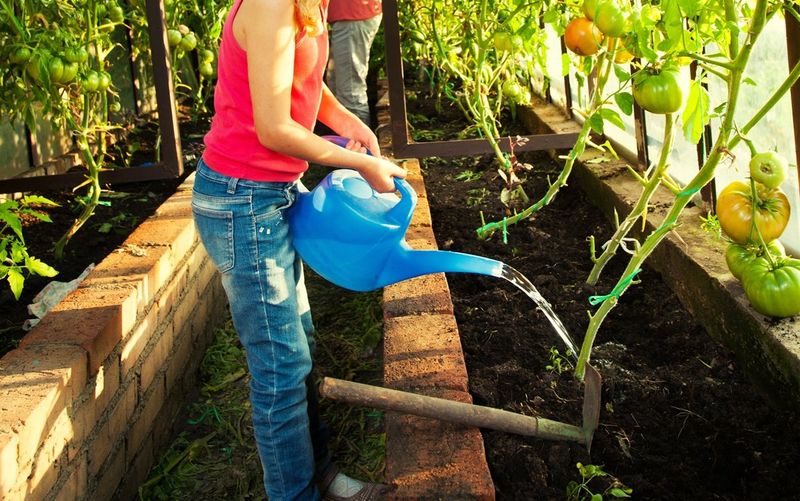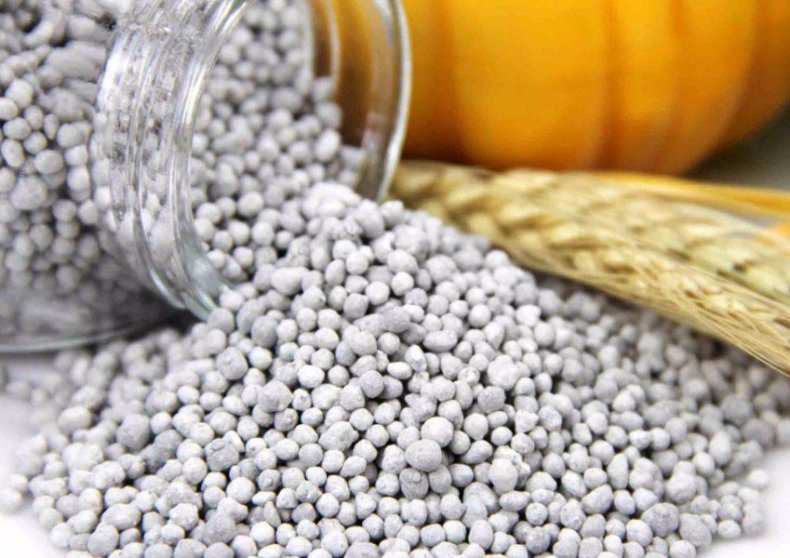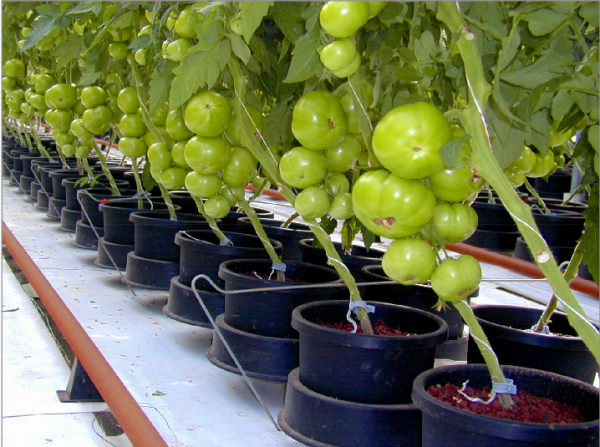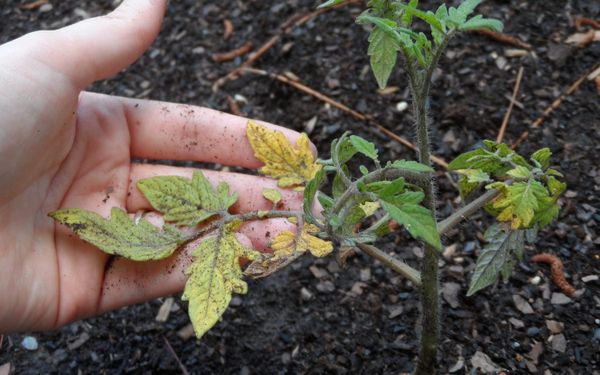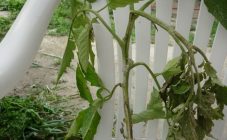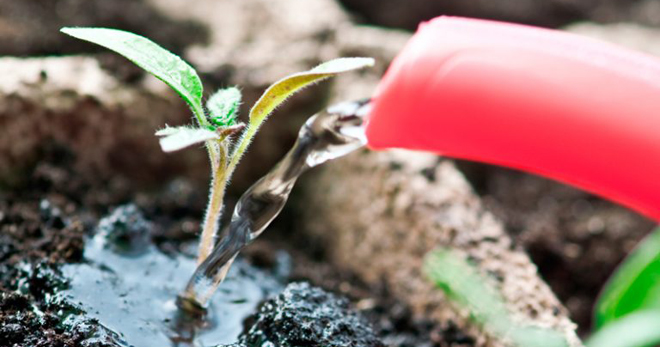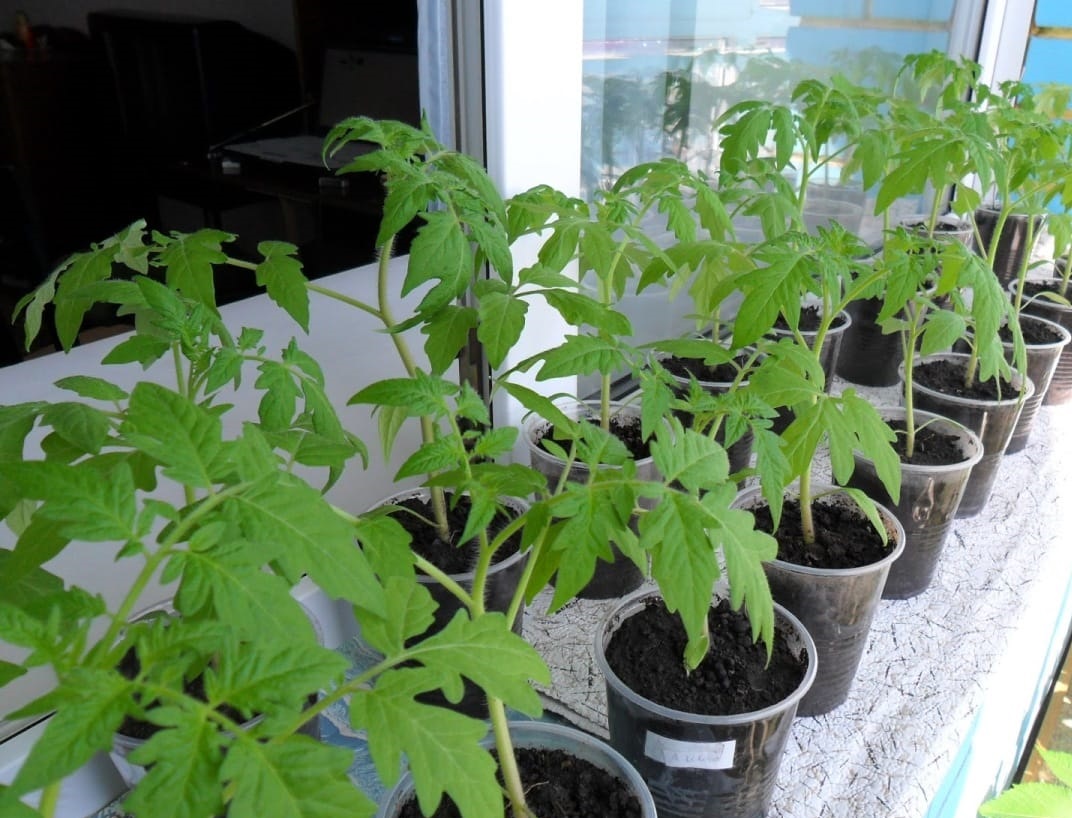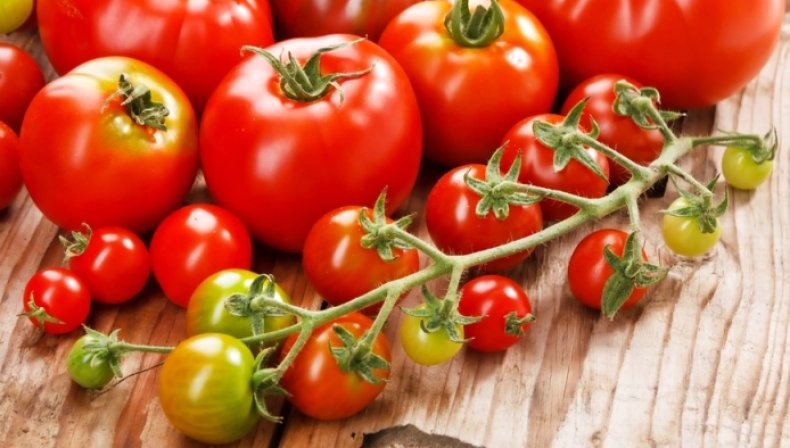Content:
Succinic acid is not included in the list of official preparations used as fertilizer for vegetable crops. But among the folk remedies that improve the composition of the soil, accelerate the growth of vegetable seedlings, this folk remedy occupies one of the first places. This drug is usually diluted in water and used to soak seeds or cuttings, process the roots of seedlings, and also carry out the processing "on the sheet".
What is succinic acid
Succinic acid is a colorless and odorless powder; this substance is perfectly soluble in water or alcohol. Experts have found it in many plants, and this drug is also contained in amber (hence the name), in brown coal.
On sale, the substance is found in tablets, in powders, in crystalline form, you can buy it at pharmacies. But there are also ready-made preparations containing succinic acid, which are intended for introduction under the roots of the plant. You can buy them in specialized stores.
The benefits of this preparation for tomato seedlings are obvious:
- Seedlings planted in a permanent place, better coping with weather changes — decrease in temperature or moisture deficiency, and able to independently resist viruses and fungi;
- If you treat young plants with such a solution, and then add such a top dressing a couple of times during the growth of green mass, fruits will ripen faster, and the amount of sugars and nutrients in them will increase;
- When the seed is placed in a solution of such a drug, the percentage of their germination increases, the growth of vegetative mass is accelerated;
- A drug helps to normalize beneficial microflora in the soil, helps to improve the conditions for the vital activity of beneficial microorganisms.
However, it is necessary to use the amber preparation for feeding tomatoes carefully, because its excess can harm vegetable crops.
Succinic acid as fertilizer for tomato seedlings
Succinic acid is necessary for tomato seedlings, because it strengthens the immunity of seedlings and accelerates their growth. But this tool does not have a negative effect on the microflora of the soil, on domestic animals.
For feeding seedlings and adult tomatoes, the concentration of the amber preparation should be different.
To soak the inoculum, use a 0.2% solution of an amber preparation. Prepare such a product as follows: 2 g (an incomplete teaspoon) of the product is dissolved in 50 ml of heated water. After the acid is completely dissolved, the volume of water is brought to one liter. Tomato seeds should be kept in such a solution for no more than a day. Then the seed is dried - and it is ready for sowing.
Although seedlings or adult plants absorb exactly as much of this drug as they need at a particular moment, and there is no overdose of succinic acid, you should not add it to the soil uncontrollably. A large amount of such acidic dressing in the ground can lead to excessive acidification.
Watering seedlings and adult plants is necessary with a solution prepared according to the following recipe: 2 grams of the product is dissolved in a small amount of water, then the amount of solution is brought to 2 buckets. The resulting product is poured over the seedlings "at the root" from a watering can without a nozzle so that the solution pours out in a thin stream.
The same solution is prepared for watering adult tomatoes growing in the garden beds or in the greenhouse. It is necessary to add succinic acid under the tomatoes during the period of active emergence of buds. Experts recommend to carry out three-fold processing of these vegetable plants with succinic acid with a break between them in 11-13 days. The introduction of such a tool helps to increase the yield of tomato bushes.
Step-by-step preparation of a solution of this drug and its further use will allow novice vegetable growers to grow strong tomato seedlings, which will yield a good harvest in the future.
Such a solution is a strong stimulant, but does not harm those crops under which it is applied. However, if it gets on the skin or in the digestive tract of a person, it can lead to negative consequences. Therefore, when working with succinic acid, precautions should be taken: use a mask or respirator to protect the nasopharynx and protective clothing to prevent drops of the solution from getting on the skin.
If drops of such a solution get on the skin, they should be washed off with running water. In case of contact with eyes, rinse them immediately and consult an optometrist.
Other fertilizers for feeding tomato seedlings
Succinic acid is needed for feeding tomatoes. But if it was not at hand, you can use other fertilizers or folk remedies to grow strong and powerful seedlings.
First of all, you need to plant seeds for seedlings at home in a nutritious soil. In this case, the seedlings will receive the necessary nutrients from such a substrate for their growth. But the volume of containers in which the seedlings are grown is small, so the nutrients will quickly run out. Seedlings should be fed at least twice before planting in a permanent place in the garden.
One of the main fertilizers for tomato sprouts is nitrophoska, which contains the main elements necessary for plants: N, P, K. It should be diluted according to the instructions and used for watering not only seedlings, but also for fertilizing plants in the beds and in the greenhouse. This fertilizer can also be added to the planting holes when transplanting seedlings to the beds. For this, 1 tbsp is enough. l. fertilizer for each hole.
Another popular fertilizer for seedlings and adult tomatoes is Agricola. It is a complex dry mineral fertilizer and contains all the necessary macro and microelements for the growth and development of tomatoes. The use of this substance is carried out according to the attached instructions.
For the first time, this dry dressing is applied to the soil after 11-13 days from the moment the seeds are planted for seedlings. At this moment, the first shoots appear. The second time this fertilizer should be applied during the period of active appearance of ovaries.Further fertilizing of adult plants with Agricola is carried out every two weeks.
Dilute the drug according to the instructions and do not exceed the recommended dosage. Otherwise, instead of benefit, you can cause irreparable harm to the plant.
Many vegetable growers plant tomato seeds in peat tablets, where the seedlings grow. The grown seedlings are planted in a permanent place along with these tablets, and the sprouts can not be fed during their growth, because they get everything they need from these drugs.

